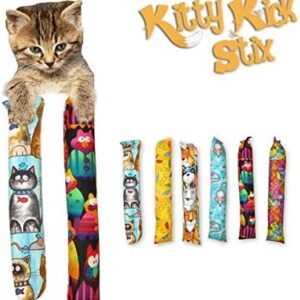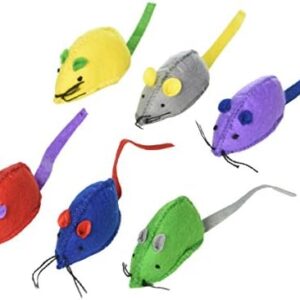
As our feline friends get older, just like us, they may start to show signs of aging. This can manifest in various changes in behavior, physical appearance, and health. As a pet owner, it is important to provide the right support and care to help our elderly cat age gracefully and comfortably.
One of the key ways to support your elderly feline companion is by paying attention to their changing behavior. Cats are known for their independent and sometimes aloof nature, but as they age, they may become more dependent on their owners for comfort and care. It is important to recognize and respond to these changes in behavior to ensure that your cat feels loved and supported as they navigate their golden years.
As cats age, they may start to show signs of cognitive decline, such as confusion, disorientation, and forgetfulness. This can be distressing for both the cat and their owner, but there are ways to help support your elderly feline companion through this challenging time. Providing a stable and familiar environment can help reduce stress and anxiety for your cat, so try to stick to a consistent routine and keep their living space clutter-free and easily accessible.
Another common change in behavior that elderly cats may exhibit is increased vocalization. This can be a sign of pain, discomfort, or loneliness, so it is important to pay attention to your cat’s meows and determine the cause. Providing a warm and comfortable sleeping area, plenty of fresh water, and regular vet check-ups can help address any underlying issues that may be causing your cat to vocalize more frequently.
As cats age, they may also start to become less active and spend more time sleeping. While this is a natural part of the aging process, it is important to encourage your elderly feline companion to stay active and engaged to maintain their physical and mental health. Provide plenty of toys, scratching posts, and climbing structures to keep your cat entertained and stimulated, and consider introducing gentle exercise routines, such as interactive play sessions or short walks around the house.
In addition to changes in behavior, elderly cats may also experience physical changes as they age. Common health issues in senior cats include arthritis, dental problems, and kidney disease. It is important to be vigilant about monitoring your cat’s health and scheduling regular veterinary check-ups to catch any potential issues early.
To support your elderly feline companion’s changing physical needs, consider making some adjustments to their diet and grooming routine. Older cats may require a diet that is lower in calories and higher in protein to maintain a healthy weight and muscle mass. Consult with your veterinarian to determine the best diet for your cat’s age and health status.
Grooming is another important aspect of senior cat care, as older cats may have difficulty grooming themselves due to arthritis or other health issues. Help your elderly feline companion maintain a healthy coat by brushing them regularly and keeping their fur clean and tangle-free. If your cat is having trouble grooming themselves, consider taking them to a professional groomer for a trim or bath.
In addition to physical and behavioral changes, elderly cats may also require extra love and attention to help them feel comfortable and secure as they age. Spend quality time with your cat, cuddle them, and engage in interactive play to strengthen your bond and provide emotional support. Creating a safe and cozy space for your elderly feline companion to rest and relax can also help them feel secure and content in their later years.
Remember, aging is a natural part of life for both humans and animals, and it is important to approach the process with patience, understanding, and compassion. By paying attention to your elderly feline companion’s changing behavior and needs, you can help them age gracefully and comfortably, and ensure that they continue to feel loved and cherished in their golden years.






